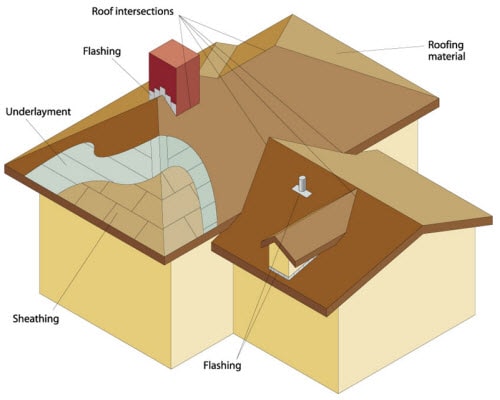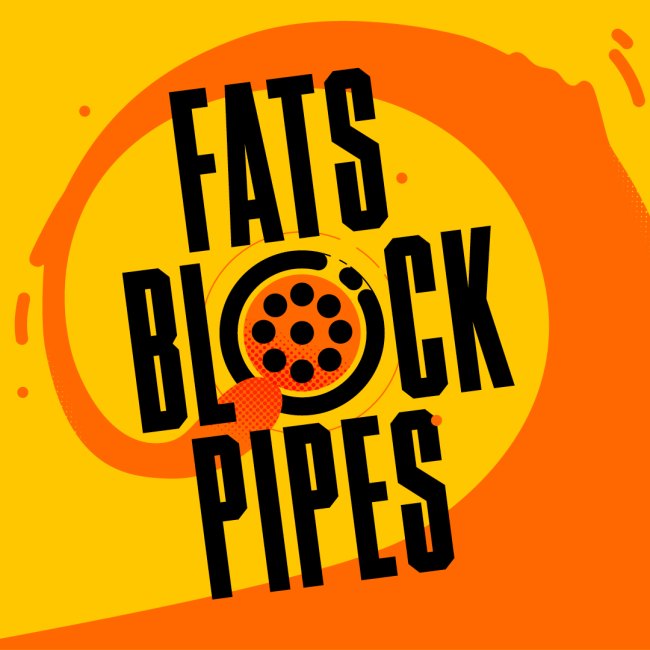My home extension is going well, and I have the roof frame up. Before I can install the polycarbonate glazing panels to the roof, I have to seal to the existing house wall.
This is done using 'step flashing' down each slope (it is an apex roof) with a thin sheet of lead. Apparently it is traditionally a plumbers skill, rather than e.g. a bricklayer.
I've manged to find some (rather poor) diagrams on the net to give me a clue, but no (good) descriptions of the process.
http://www.leadroof.org.uk/html/1402.html - for the steps
http://www.leadroof.org.uk/html/1407.html for the ridge
Can anyone offer any tips? This is one thing I can't afford to get wrong!
TIA
T.
This is done using 'step flashing' down each slope (it is an apex roof) with a thin sheet of lead. Apparently it is traditionally a plumbers skill, rather than e.g. a bricklayer.
I've manged to find some (rather poor) diagrams on the net to give me a clue, but no (good) descriptions of the process.
http://www.leadroof.org.uk/html/1402.html - for the steps
http://www.leadroof.org.uk/html/1407.html for the ridge
Can anyone offer any tips? This is one thing I can't afford to get wrong!
TIA
T.






Comment